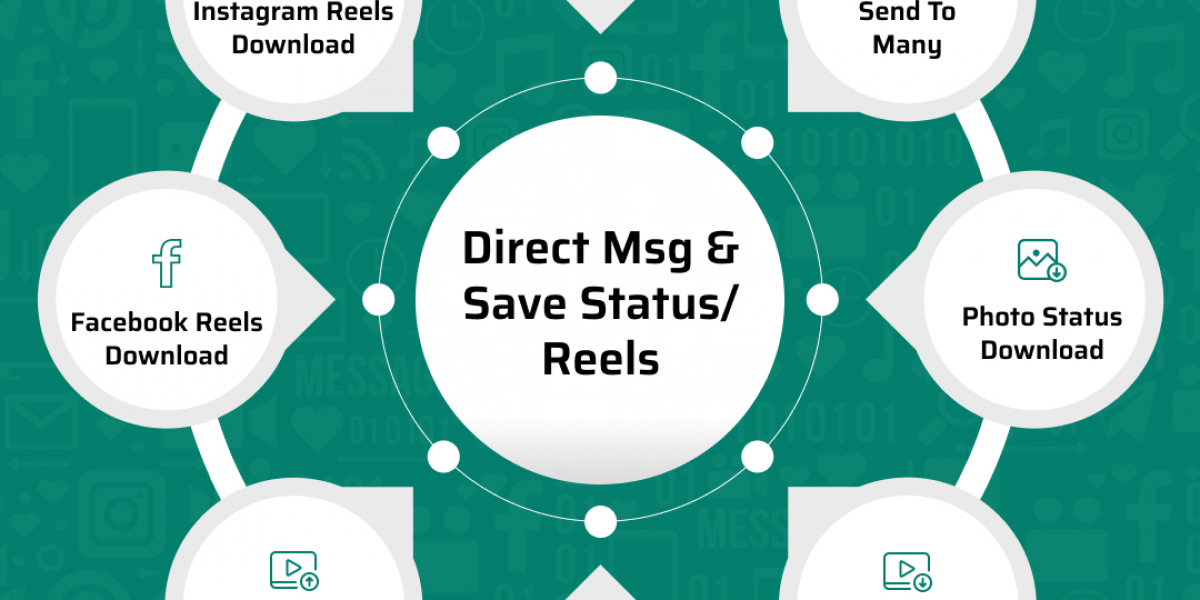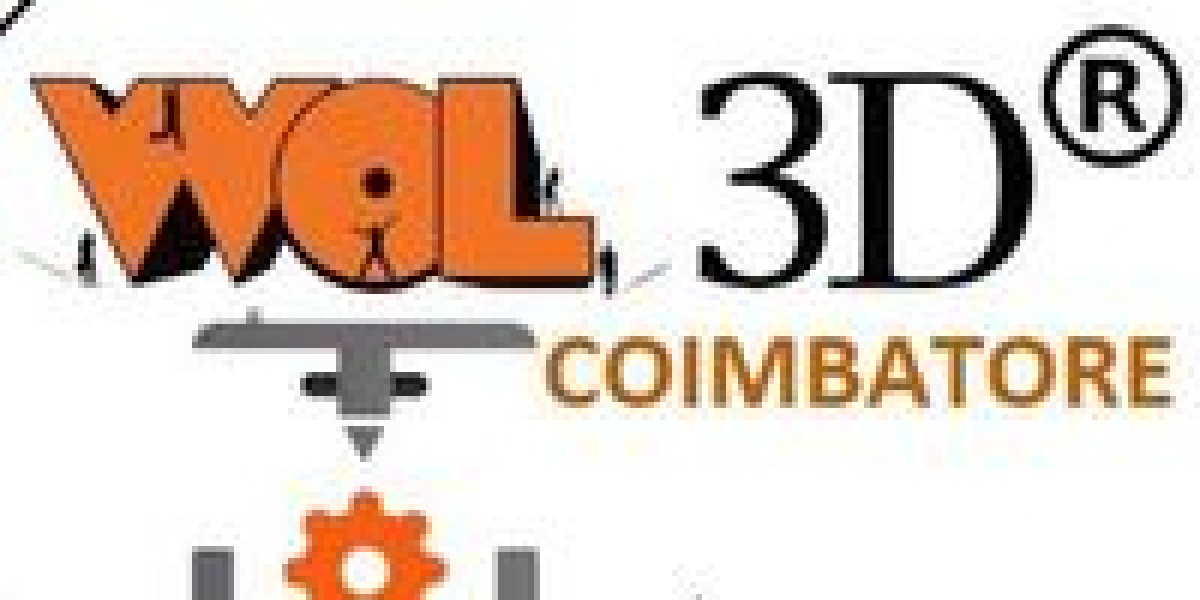In the world of business financing, owners and entrepreneurs have a variety of options to consider when seeking capital for their ventures. Among the most popular are Merchant Cash Advances (MCAs) and traditional business loans. Understanding the differences between these two options is crucial for making informed decisions that best suit your company's needs. This article delves into the specifics of Merchant Cash Advances and business loans, highlighting their key differences, benefits, and drawbacks. Additionally, we will explore how to secure the best MCA leads and the importance of targeted Merchant Cash Advance leads.
Understanding Merchant Cash Advances
What is a Merchant Cash Advance?
A Merchant Cash Advance (MCA) is a financing option where a business receives a lump sum of cash in exchange for a percentage of future credit card sales or daily bank deposits. Unlike traditional loans, MCAs are not technically loans but rather advances based on future revenue.
How Does an MCA Work?
MCAs are relatively simple to understand. A business agrees to sell a portion of its future revenue to the MCA provider at a discount. This means that the business will repay the advance through a percentage of daily sales until the total amount, plus a fee, is repaid. The repayment terms are flexible, tied directly to the business’s revenue flow, making MCAs an attractive option for businesses with fluctuating sales.
Pros of Merchant Cash Advances
Fast Approval and Funding: One of the most significant advantages of MCAs is the speed of approval and funding. Businesses can often receive funds within a few days, making it an ideal solution for urgent financial needs.
Flexible Repayment Terms: Since repayments are based on a percentage of daily sales, businesses won’t be burdened with a fixed monthly payment. This flexibility helps manage cash flow more effectively.
No Collateral Required: MCAs do not typically require collateral, reducing the risk for business owners who might not have significant assets to pledge.
Cons of Merchant Cash Advances
High Cost: MCAs can be expensive due to high factor rates, which translate into higher overall costs compared to traditional loans. The annual percentage rate (APR) for MCAs can be significantly higher.
Daily Repayments: The daily repayment structure can strain cash flow, especially for businesses with inconsistent daily revenue.
Shorter Repayment Terms: MCAs generally have shorter repayment terms, which can pressure businesses to generate sufficient daily sales quickly.
Understanding Business Loans
What is a Business Loan?
A business loan is a traditional form of financing where a lender provides a lump sum of money to a business, which is repaid over time with interest. Business loans can be secured (requiring collateral) or unsecured, and they come in various forms such as term loans, lines of credit, and SBA loans.
How Does a Business Loan Work?
In a typical business loan arrangement, the business borrows a specific amount of money and agrees to repay it over a set period with regular fixed payments that include both principal and interest. The terms and conditions, including the interest rate and repayment schedule, are determined at the time of the loan agreement.
Pros of Business Loans
Lower Cost: Business loans often have lower interest rates compared to MCAs, making them a more affordable option for long-term financing needs.
Longer Repayment Terms: Business loans usually come with longer repayment terms, which can make the monthly payments more manageable.
Builds Credit: Successfully repaying a business loan can help build a business’s credit profile, making it easier to obtain financing in the future.
Cons of Business Loans
Longer Approval Process: Obtaining a business loan can be time-consuming, with a lengthy application process and rigorous underwriting standards.
Collateral Requirements: Secured business loans require collateral, which can be a barrier for businesses without significant assets.
Fixed Repayments: Fixed monthly repayments can be challenging for businesses with fluctuating revenue, as they must ensure they have sufficient funds to meet the payment schedule regardless of their cash flow situation.
Key Differences Between Merchant Cash Advances and Business Loans
Approval Process
The approval process for MCAs is typically much faster than for business loans. MCA providers often focus on the business’s sales history and future revenue potential rather than credit scores and collateral. This makes MCAs accessible to businesses that might not qualify for traditional loans.
On the other hand, business loans require a thorough review of the business’s financial statements, credit history, and sometimes personal credit scores. The approval process can take several weeks, and the documentation required is more extensive.
Cost and Repayment
MCAs tend to be more expensive due to high factor rates. The cost is calculated as a fixed fee on the amount advanced, resulting in an effective APR that can be much higher than that of traditional loans. Repayment is also more frequent, typically daily or weekly, which can impact cash flow.
In contrast, business loans generally offer lower interest rates and have fixed monthly payments. The total cost of the loan is often more predictable, and the longer repayment terms can ease the financial burden on the business.
Flexibility and Risk
MCAs offer greater flexibility in terms of repayment, as they are directly tied to the business’s revenue. This means that during slower periods, the repayment amount decreases, which can help manage cash flow. However, the high cost and daily repayments can be a significant drawback.
Business loans, while less flexible due to fixed repayments, are often lower in cost and can help build the business’s credit history. The requirement for collateral in secured loans can be a risk, but it also can result in more favorable terms.
Securing the Best MCA Leads
Importance of Quality MCA Leads
For MCA providers, acquiring high-quality leads is essential for maintaining a steady flow of clients. The term Best MCA Leads refers to potential customers who are more likely to be interested in and qualify for an MCA. These leads are crucial for the growth and sustainability of MCA providers.
How to Obtain Merchant Cash Advance Leads
Digital Marketing: Utilizing digital marketing strategies such as search engine optimization (SEO), pay-per-click (PPC) advertising, and social media marketing can help attract potential clients searching for financing options online.
Lead Generation Companies: Partnering with specialized lead generation companies can provide access to targeted Merchant Cash Advance leads. These companies use various methods to identify and pre-qualify businesses that are more likely to need an MCA.
Networking and Referrals: Building relationships with business advisors, accountants, and industry networks can lead to referrals from trusted sources.
Content Marketing: Creating informative and valuable content about MCAs can attract businesses seeking information about financing options. This approach positions the MCA provider as an authority in the field and can generate organic leads.
Evaluating Lead Quality
Not all leads are created equal. Evaluating the quality of MCA leads involves assessing the business’s sales volume, industry, time in operation, and credit card transaction history. High-quality leads are those that fit the MCA provider’s ideal client profile and have a higher likelihood of approval and successful repayment.
Conclusion
Understanding the differences between Merchant Cash Advances and business loans is essential for business owners seeking the right financing solution. MCAs offer fast, flexible funding but at a higher cost, making them suitable for businesses needing immediate cash flow support. Business loans, while more time-consuming to obtain, provide a lower-cost financing option with longer repayment terms and the potential to build credit.
For MCA providers, securing the best MCA leads is crucial for business growth. Employing effective lead generation strategies and evaluating lead quality can ensure a steady stream of potential clients who are well-suited for MCAs. Whether you are a business seeking funding or an MCA provider looking to expand your client base, understanding these dynamics can help you make more informed decisions and achieve your financial goals.








